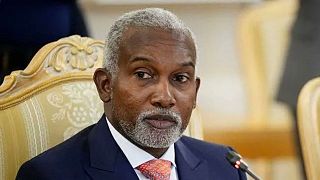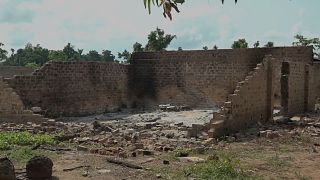Nigeria
The education system in northeastern Nigeria hasn’t been spared by the violence that has rocked the region.
Boko Haram’s attacks on schools, students, and teachers in northeast Nigeria have had a devastating impact on education, according to the Human Rights Watch.
Boko Haram attacks destroyed 910 schools, 1,500 forced to close. New
— Zama Coursen-Neff (ZamaHRW) April 12, 2016hrwreport #Nigeria https://t.co/0Pg8om8NoW pic.twitter.com/T8Vgesu5bp
The conflict has left nearly 1 million children with little or no access to school, and Nigeria’s security forces have contributed to the problem by using schools as military bases, putting children at further risk of attack from the Islamist armed group.
On the night of February 25, 2014, Boko Haram Islamists launched an attack on a school as students slept. Dormitories, classrooms and laboratories were destroyed, and 43 students lost their lives.
Five months earlier, another 40 students had been massacred in their sleep in another school.
In neighboring Borno state, at least 350 teachers have been murdered and 512 schools destroyed.
These attacks are what prompted Yobe authorities to close all schools in the state. Today, the schools still remain closed.
According to the UN, more than 1800 schools in north-east Nigeria and Cameroon have been shut due to the crisis, which is affecting over 11 million children.
An estimated 2.2 million people, including about 1.4 million children, have fled the fighting in the northeast, according to UNICEF, which says that 952,029 of the displaced are children of school age.
Only about 10 percent of the children are in government-recognized displacement camps, where some educational services are provided by volunteer teachers. The remaining 90 percent are with friends and family members, with little or no access to schooling.












Go to video
U.S. slashes visa duration for some African nationals amid policy shift
02:05
WAFCON: Super Falcons fans optimistic about the team's performance
01:06
Brazil launches major security operation ahead of BRICS Summit
01:30
Nigerian singer Tems launches Leading Vibe Initiative to support women in music
00:52
Nigeria’s Peter Obi to contest 2027 election, opposition coalition in jeopardy
11:15
AI drones lead breakthrough against malaria in Africa [Business Africa]